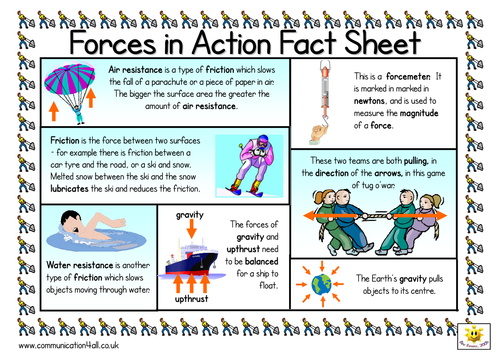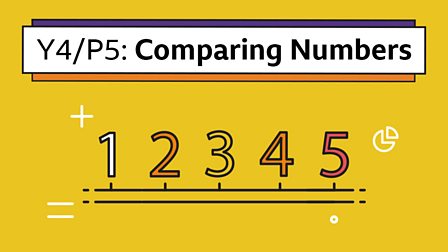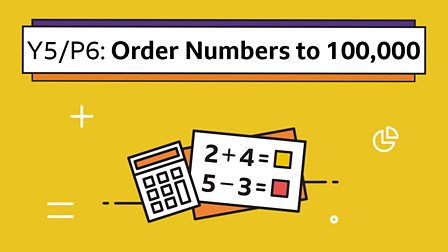Maths

This year, the children will be woking on Red Rose Maths. It is important that each year group follows the correct strategy. These all link the Red Rose Maths. Please see the policies below for further information.
This term we are learning place value. Below I have included a place value chart,this is a great resource to help your child learn thir place value.
Maths Whizz.
We have a super resource called Math Whizz. Your child does have access to this and is now part of our homework. However, your child can visit Math's Whizz at anytime (strongly recommended) and practice their skills we have been learning in Year Five. The link is below.
Autumn 1
05.09.23
The children have been busy in science this week. They looked at which materials would be best for a food preparation area and conducted a fair test to get results. they have used words such as flexibility, weight, transparency, expected absorbency to understand how to make the test fair.
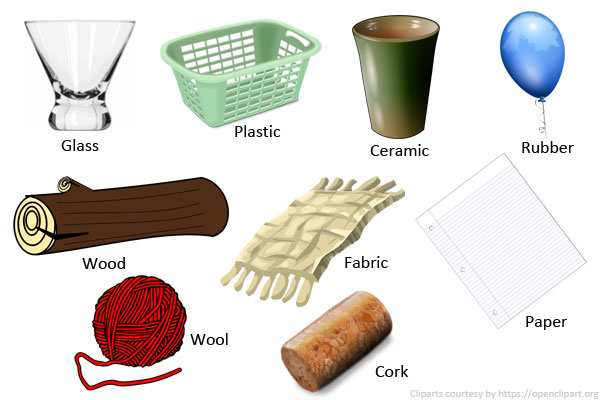
![IMG_6788[1].JPG](/uploads/378/images/IMG_6788[1].JPG)
![IMG_6789[1].JPG](/uploads/378/images/IMG_6789[1].JPG)
![IMG_E6797[1].JPG](/uploads/378/images/IMG_E6797[1].JPG)
The children worked in groups and really enjoyed the experiments.
.JPG](/uploads/378/images/IMG_6800[1](1).JPG)
![IMG_6808[1].JPG](/uploads/378/images/IMG_6808[1].JPG)
27th November
Soluble or insoluble?
Some substances dissolve when you mix them with water.
When a substance dissolves, it might look like it has disappeared, but in fact it has just mixed with the water to make a transparent (see-through) liquid called a solution.
Substances that dissolve in water are called soluble substances. When you mix sugar with water, the sugar dissolves to make a transparent solution. Salt is soluble in water too.
Substances that do not dissolve in water are called insoluble substances. When you mix sand or flour with water, they do not dissolve.
Quiz time
Which word describes substances that dissolve in water? Substances that dissolve in water are ‘soluble’.
Which of these materials is insoluble in water? It's ‘sand’ that is insoluble in water - it just sinks to the bottom.
Sugar ___ in water. Sugar ‘dissolves’ in water.
True or false: When a soluble substance such as salt dissolves in a liquid, it has disappeared. It’s ‘false'
What could you do to make a substance dissolve faster in water? You could ‘heat it up’ to make the substance dissolve quicker.
![IMG_0762[1].JPG](/uploads/378/images/IMG_0762[1].JPG)
![IMG_0763[1].JPG](/uploads/378/images/IMG_0763[1].JPG)
![IMG_0763[1].JPG](/uploads/378/images/IMG_0763[1].JPG)
![IMG_E7352[1].JPG](/uploads/378/images/IMG_E7352[1].JPG)
![IMG_7353[1].JPG](/uploads/378/images/IMG_7353[1].JPG)
![IMG_7350[1].JPG](/uploads/378/images/IMG_7350[1].JPG)
![IMG_7349[1].JPG](/uploads/378/images/IMG_7349[1].JPG)
Spring 1
This term is all about Space!!!
The children are learning about the planets, the galaxy and imagining what could be out there. They are enjoying reading different science fiction books, Aquila, Cosmic and discussing how authors use of vocabulary and illistrations in books appeal to the readers.

Take a look at some of the work the children have produced so far...
![IMG_5408[1].JPG](/uploads/378/images/IMG_5408[1].JPG)
![IMG_5409[1].JPG](/uploads/378/images/IMG_5409[1].JPG)
![IMG_5410[1].JPG](/uploads/378/images/IMG_5410[1].JPG)
![IMG_5411[1].JPG](/uploads/378/images/IMG_5411[1].JPG)
The children are demonstrating how the Earth, Sun and Moon, move around each other.
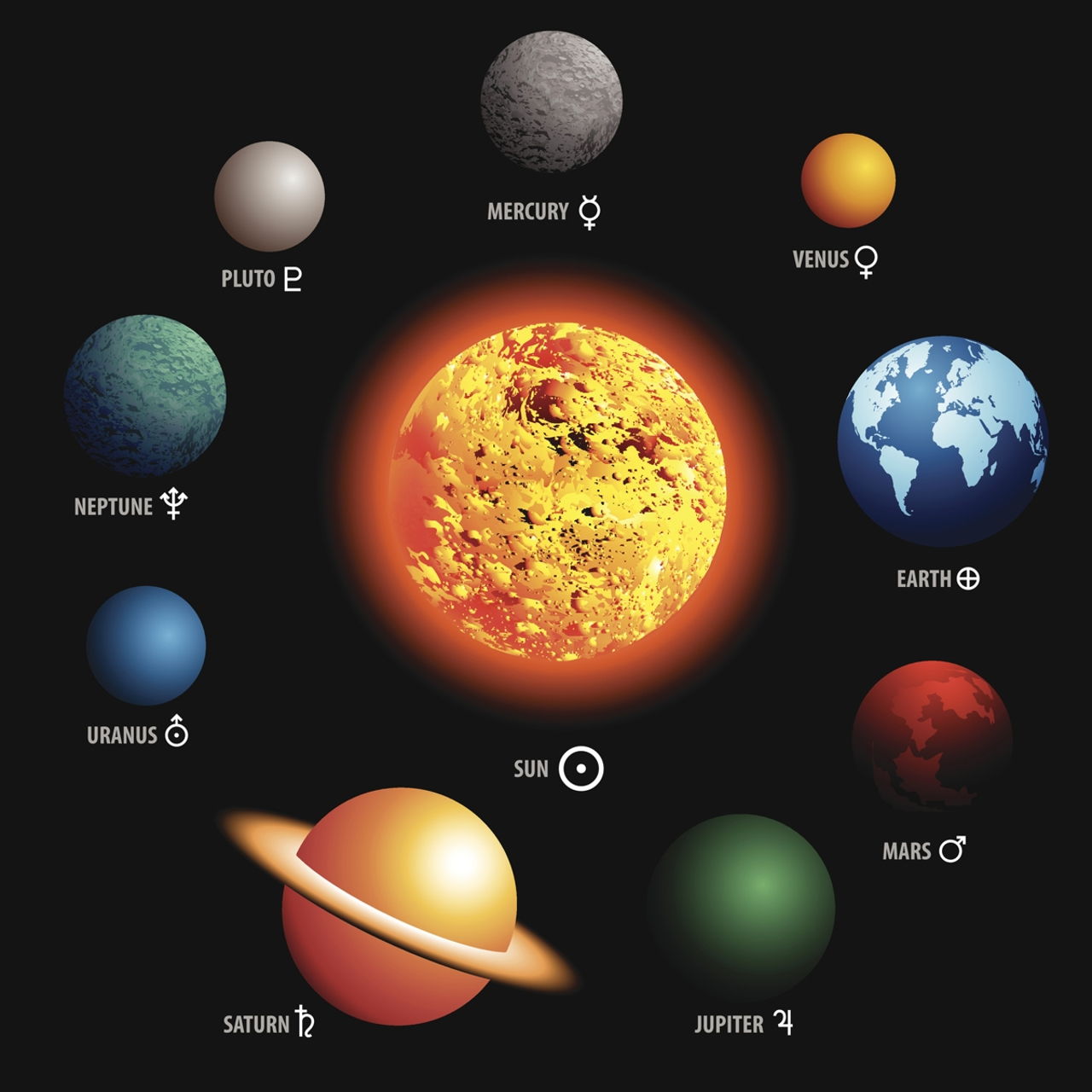
What do we know about the Earth, Sun and Moon?
2 How do the Earth, Sun and Moon fit within our solar system?
The children have been looking at who Prof Brian Cox is.
He is a scientist (a physicist) and has headed a TV series called Stargazing.
The children were asked what makes a great scientist.
Pleasse watch the visoe clip below for furtherr information.
Stargazing Live Episode 1 (youtube.com)
![IMG_7362[1].JPG](/uploads/378/images/IMG_7362[1].JPG)
![IMG_7363[1].JPG](/uploads/378/images/IMG_7363[1].JPG)
Spring 2
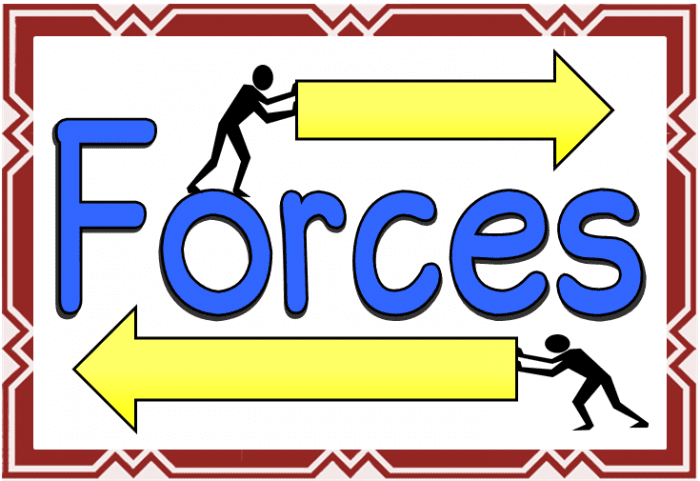
What is gravity?
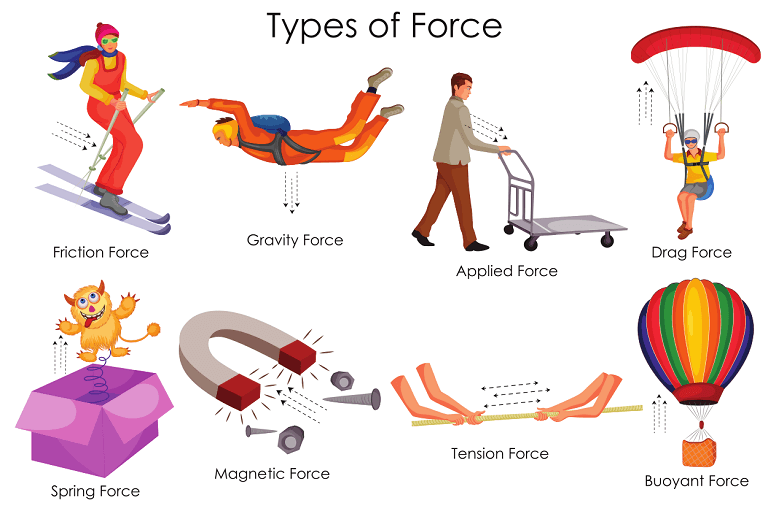
Over the next few days, the children will be looking at the following questions.
What is air resistance?
What is gravity?
How do levers effect forces?
What is friction?
What is water resistance?
Summer 1


Well done everyone. You have remembered from our previous lessons and have shown great understanding.
This week , the children will be looking at Mode, Median, and Range.
The mean, median, mode and range are defined as:
- Mean: the average, which is found by adding up all the values in a set of data and dividing it by the total number of values you added together.
- Median: the middle number in the set of values. ...
- Mode: the number or value, which appears most often in the set.
- Range: the difference between the lowest and the highest value.
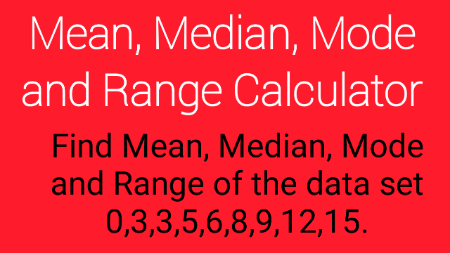
This week the children are focusing on Roman Numerals.



This week the children have been focusing on Place Value.
Rounding Decimals
https://www.bbc.co.uk/bitesize/topics/zh8dmp3/articles/zwyrf82
Converting Unit of Time
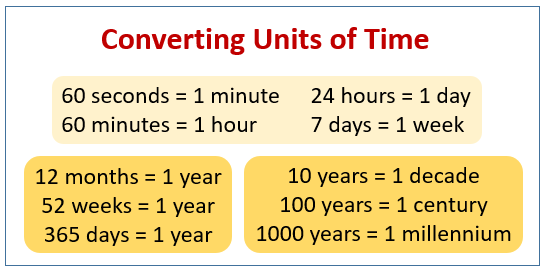
Metric Units www.bbc.co.uk/bitesize/topics/z4nsgk7/articles/zwbndxs
https://www.bbc.co.uk/bitesize/topics/z4nsgk7/articles/zqf4cwx

Imperial Units
 Reedley Primary School
Reedley Primary School![IMG_6790[1].JPG](/uploads/378/images/IMG_6790[1].JPG)
.JPG](/uploads/378/images/IMG_E6795[1](1).JPG)
.JPG](/uploads/378/images/IMG_6803[1](1).JPG)
![IMG_6810[1].JPG](/uploads/378/images/IMG_6810[1].JPG)
![IMG_0764[1].JPG](/uploads/378/images/IMG_0764[1].JPG)
![IMG_0765[1].JPG](/uploads/378/images/IMG_0765[1].JPG)
![IMG_7364[1].JPG](/uploads/378/images/IMG_7364[1].JPG)
